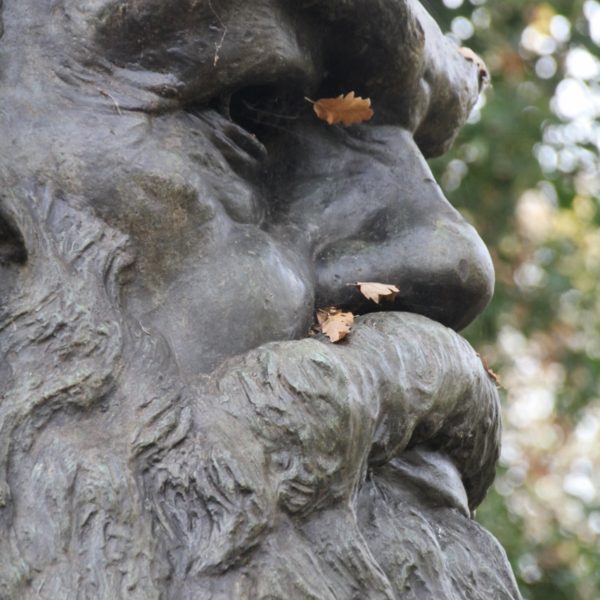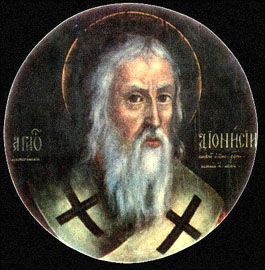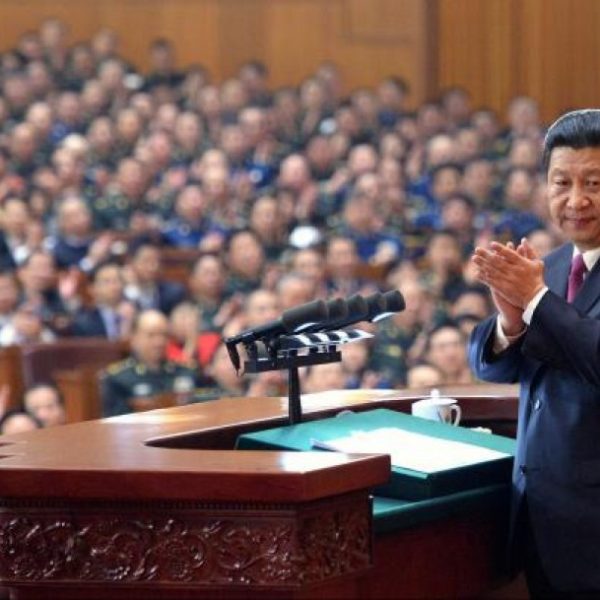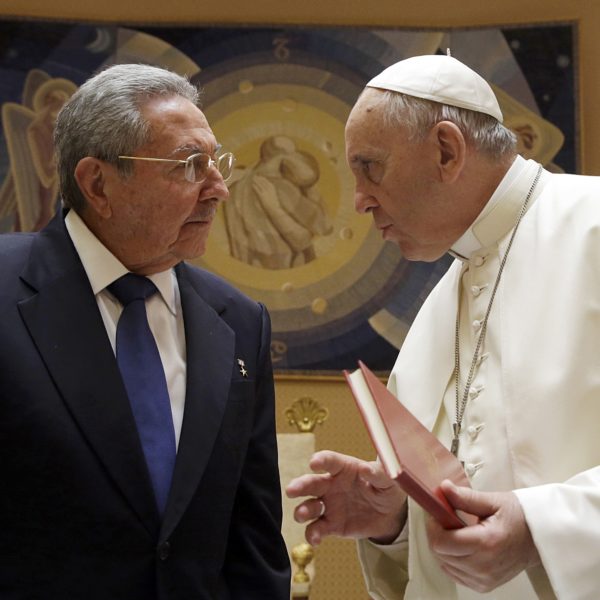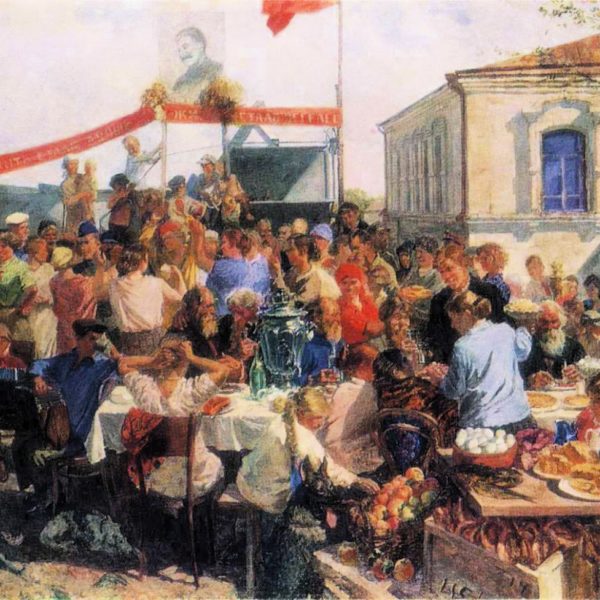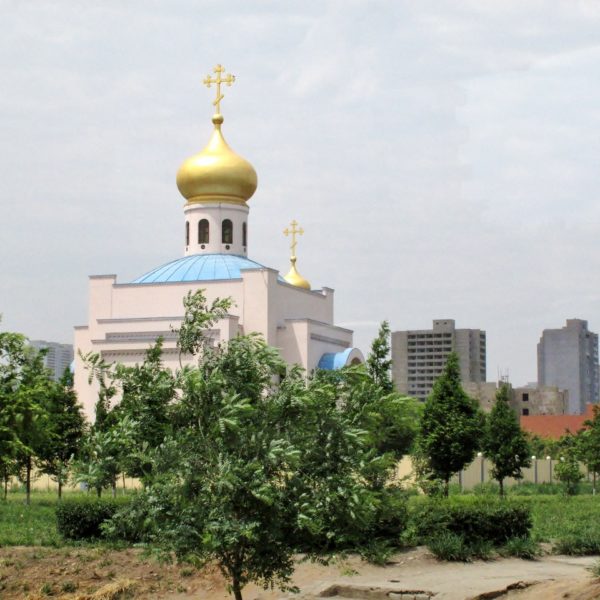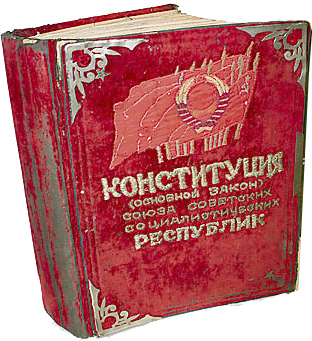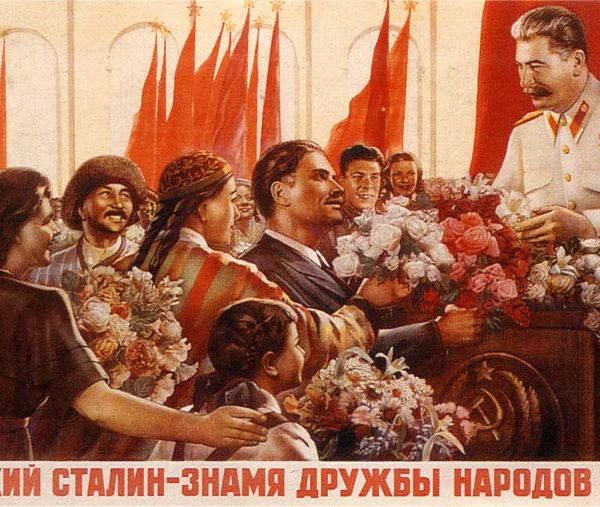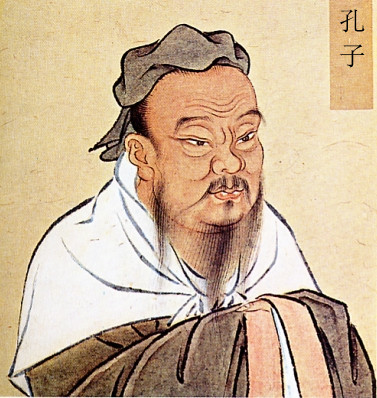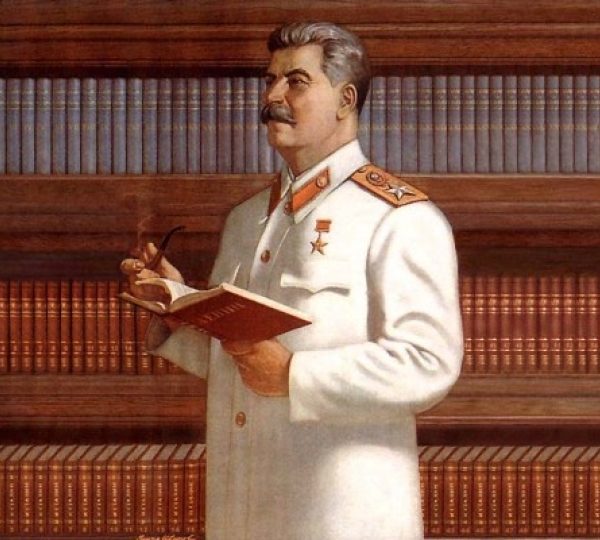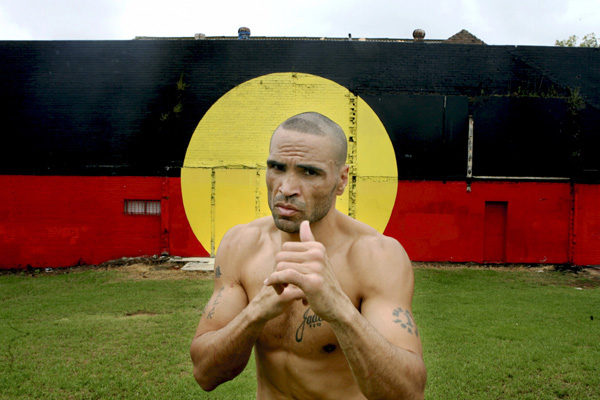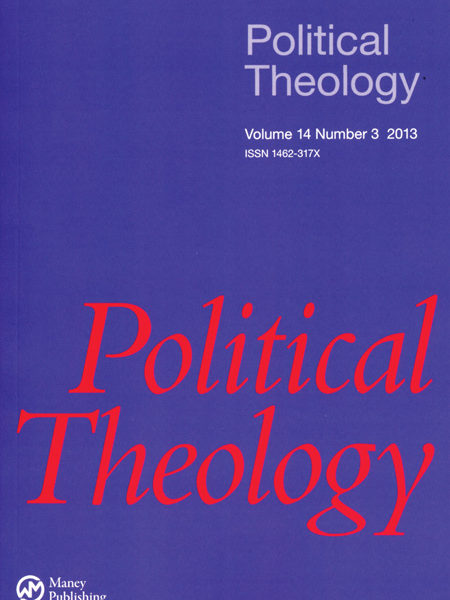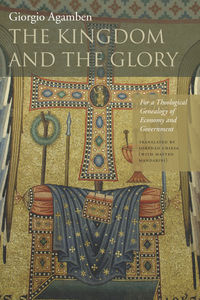Roland Boer
Roland Boer is a retired scholar who is based in China.Essays
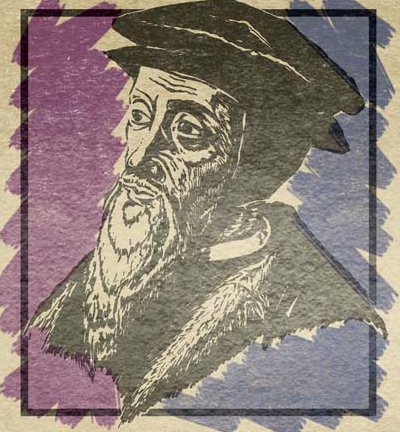
Parts of the world tremble again at religiously inspired revolutionary activity. Too easily do we forget that very similar forms of such activity have appeared in earlier periods of time, even if the content was somewhat different. Thus, in the nineteenth century, the socialists organised, while the anarchists threw bombs and carried out assassinations. And in the sixteenth century, Thomas Müntzer and the Peasants organised and theologised for the revolution, while the Anabaptists were seen as the extremists, the terrorists who had to be eliminated.
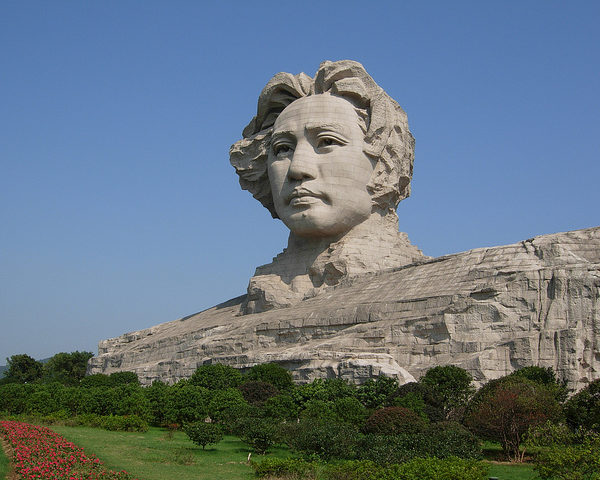
This is the first of a series of five articles on understanding China today. The articles cover politics, economics, culture and religion, since all of these are important for making some sense of what is happening. Each topic is approached from the Marxist tradition, for this is a key that is too often ignored. The
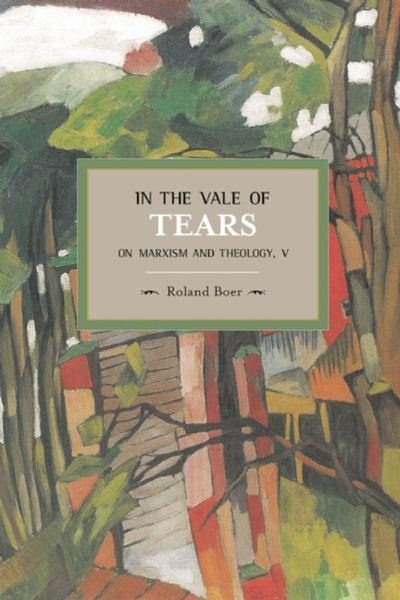
Political Theology Today is proud to announce that one of our Contributing Editors, Roland Boer, is the winner of the Isaac and Tamara Deutscher Memorial Prize for 2014. The prize is “awarded for a book which exemplifies the best and most innovative new writing in or about the Marxist tradition.” In this case, it was awarded for In the Vale of Tears (2014), but also in recognition of the whole Criticism of Heaven and Earth series. We have invited him to summarize his extraordinary work in this area for our readers.
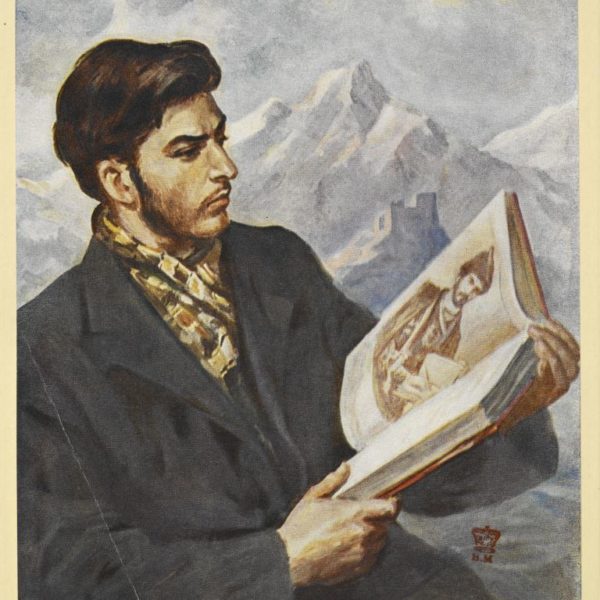
I am in the process of reading carefully through the works of the Joseph Stalin – or the ‘man of steel’, as he became known through his revolutionary code name. When I mention the fact that I am reading Stalin’s rather extensive works, people look surprised – surprised not because I am actually reading Stalin, but because they usually do not realise he wrote anything at all.
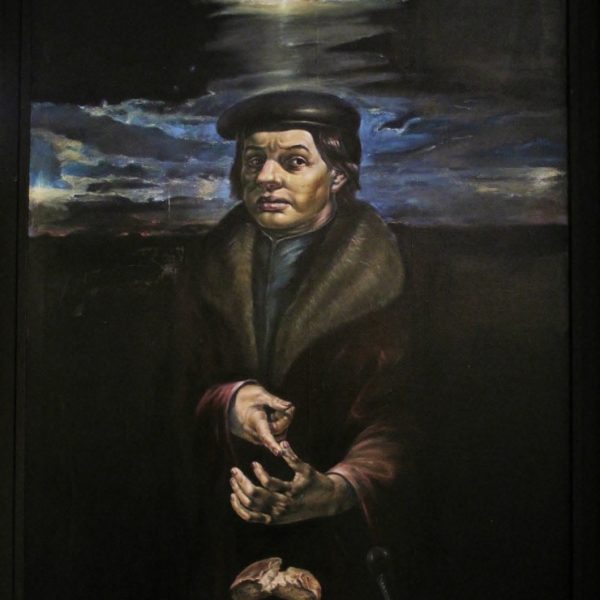
We had set out to follow in the footsteps of Thomas Müntzer, the ‘theologian of the revolution’ from sixteenth century Germany. Given that it was Germany, we expected everything to be organised down to the last detail – guidebooks, maps of bicycle paths and walking trails, a Müntzer tour linking all the sights, clear signs at each point indicating what Müntzer did where and when and how, even a government agency that focuses on this radical theologian. We found nothing of the sort.
…Stalin is unique among world communist leaders in at least one respect: he studied theology for five years at the Tiflis Spiritual Seminary, the training college for priests in the Russian Orthodox Church. He did so during a deeply formative time of his life, from the age of 15 to the verge of his 20th birthday (1894-1899). One of the best students, he was known for his intellect and phenomenal memory.
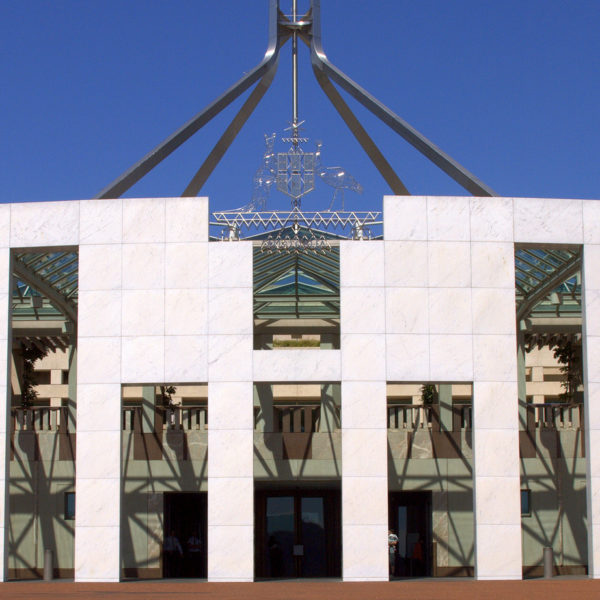
Over the last few years, we have been engaged in an Australian project called ‘Religion and Political Thought’ – itself part of an international project known as ‘Religion and Radicalism’. Funded by the Australian Research Council, it seeks to do nothing less than kick-start an Australian tradition of political philosophy in relation to religion and theology. Our aims may be high, but we realise that it is very much a small beginning to what we hope will foster further debate and research.
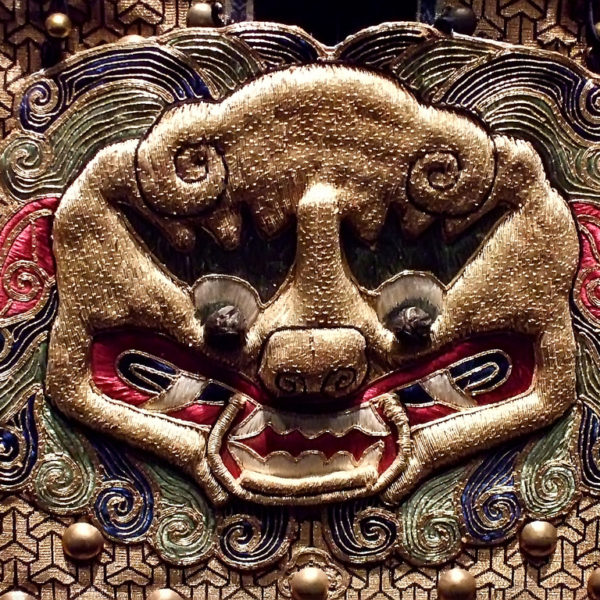
Is the Taiping Revolution (1850-1864) the moment when the revolutionary Christian tradition arrives in China? I suggest that it is precisely such a moment, for a number of reasons. These include a radical reinterpretation of the Bible, a thorough challenge to the underlying structures of existing power, a communistic way of life, and the development of a distinctly new religious form.
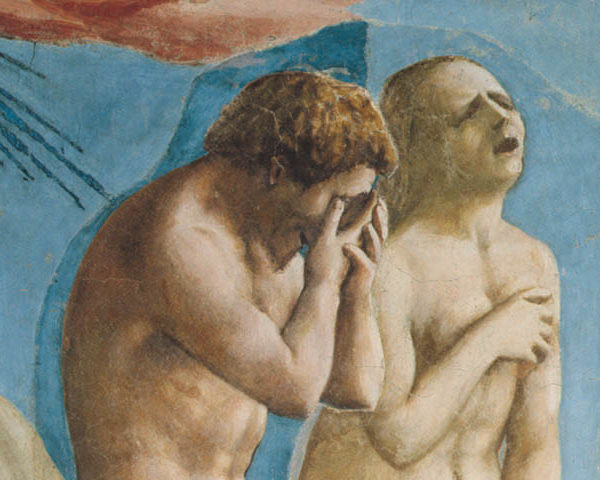
In the first volume of Capital, Marx writes: ‘Englishmen, always well up in the Bible, knew well enough that man, unless by elective grace a capitalist, or landlord, or sinecurist, is commanded to eat his bread in the sweat of his brow, but they did not know that he had to eat daily in his bread a certain quantity of human perspiration mixed with the discharge of abscesses, cobwebs, dead black-beetles, and putrid German yeast, without counting alum, sand, and other agreeable mineral ingredients’.
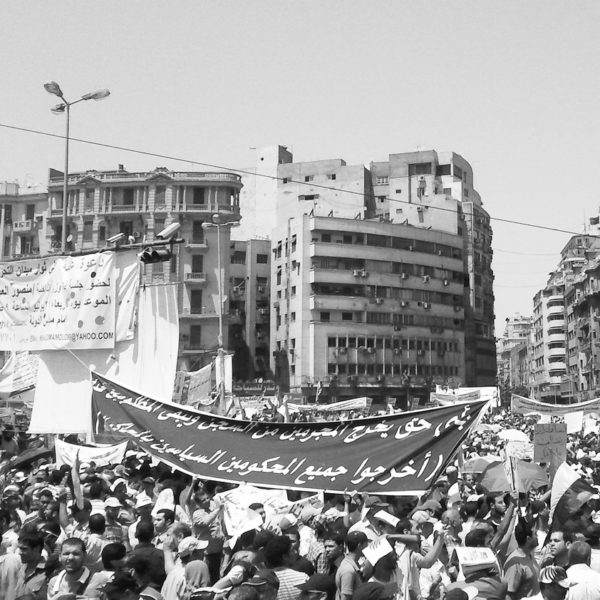
. . . It all sounds so beneficial, benignly urging us towards a better life and perhaps even a better society. The problems with ‘nudging’, however, are significant, although I restrict myself to the key ones: it misses the dialectic of nature and nurture; it misses the very conditions under which nudging take place; and it lacks a proper sense of the role of reform.
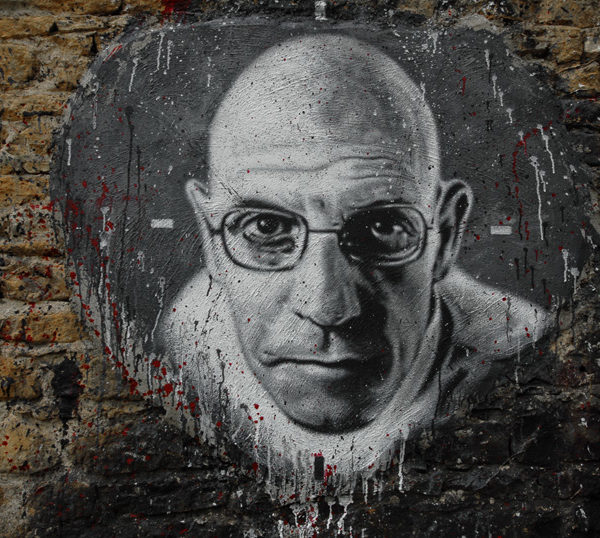
Foucault’s emphasis on the ‘care of the self’ is usually hailed as a significant challenge to the understanding of ethics. With the tendency of ethics to focus on the ‘other’ and how one relates to that other, the turn to consider the construction of the subject seems to be radical. This was also Foucault’s answer to the perennial problems of ethics . . .
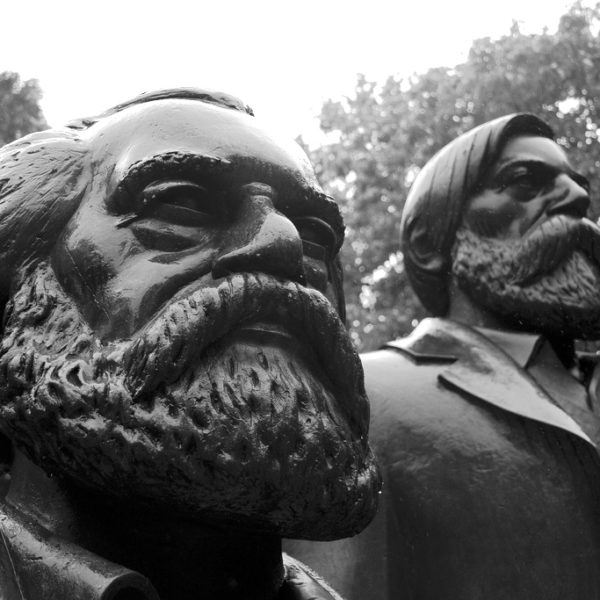
I would like to change direction a little in this reflection on one hundred years of political theology. My interest for some time has been the complex intersections – or translations – that take place between Marxism and religion. I find unpersuasive the assertion that Marxism is a secularised or pseudo-religion, a political movement that relies upon a religious framework in order to develop its positions. This is to fall into the double-trap of a secularisation narrative and making theology an absolute and thereby the source of all modern political thought.
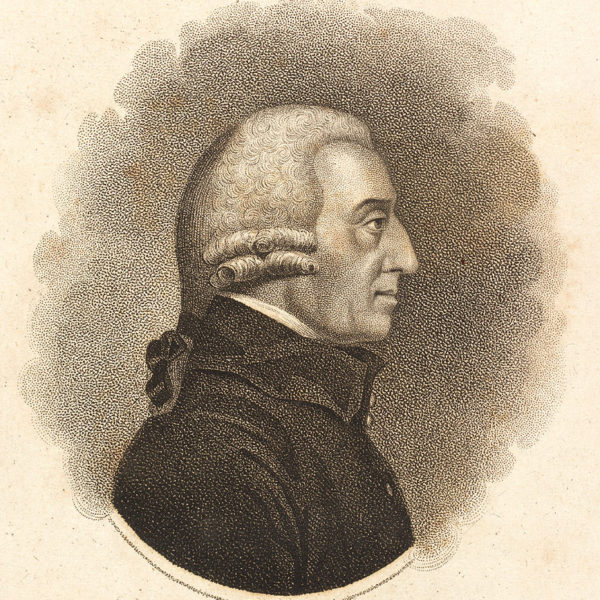
Adam Smith’s skill was as a storyteller of the first order. It takes one a while to realize where his appeal lies. As many have noted, his Wealth of Nations is rambling, polemical, and rather cavalier with evidence. All this sits rather strangely with the popularity of his writing, both then and now. How to understand that appeal? We suggest it may be found not in any skill at constructing careful and detailed argument, but in his ability to tell stories.
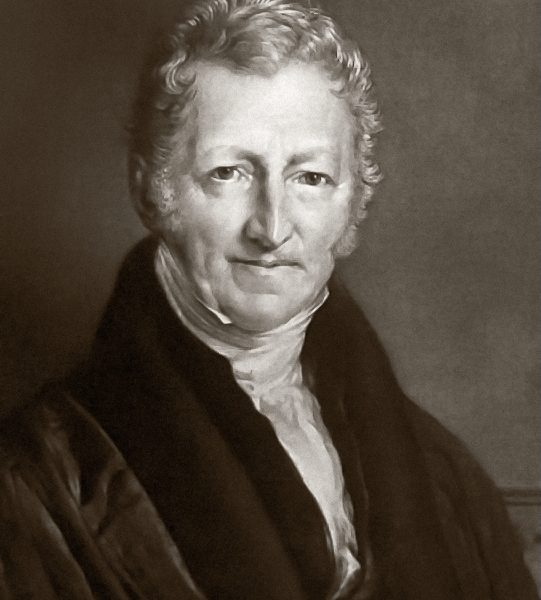
The original sin of man is the torpor and corruption of the chaotic matter in which he may be said to be born.
The Reverend Thomas Malthus (1766-1834) is best known for An Essay on the Principle of Population (1798). Here this classical economist argues that human beings are caught between two drives, lust and hunger – or, being the polite reverend that he was, population and subsistence.
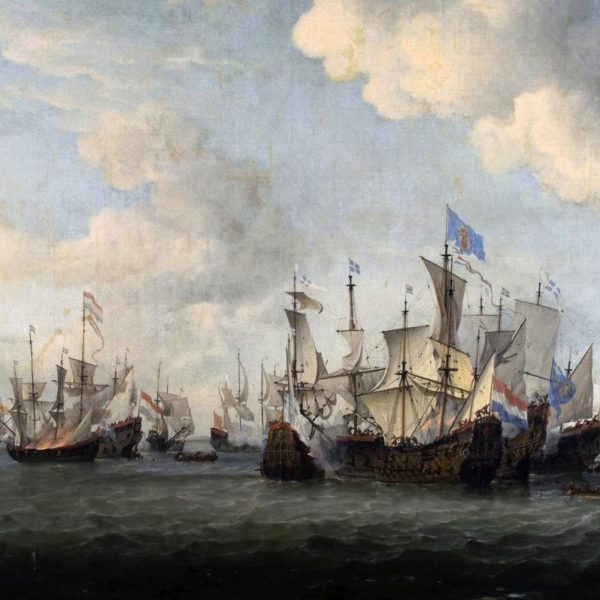
For the sake of the following argument, I would like to grant the premises of Max Weber’s idealist argument: religion and culture (superstructure) are causative agents in socio-economic change. As is well known, Weber argued that Calvinism acted as a crucial vanishing mediator for capitalism. It provided the cultural, behavioural and religious framework that enabled capitalism to establish itself and gain ground.
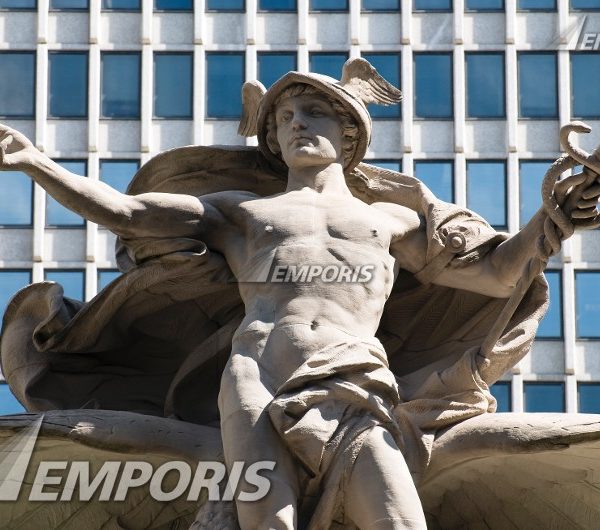
Mikhail Rostovtzeff is barely remembered in our time. Yet the paradox he embodied – a staunch anti-communist who championed economic analysis of classical Greece and Rome – is worth reconsideration. To his great credit, Rostovtzeff set out to shift the focus of ancient historiography on politics and military matters to economic concerns. Classically trained, a man of prodigious learning and without fear of grand narratives, Rostovtzeff boldly reconstructed the economies of ancient Greece and Rome in terms familiar from capitalism, that is, in terms of neoclassical economic theory.
The scathing criticisms of private property that we find in the mouth of Jesus are well-known. “Go, sell what you have,” he tells the rich man who asks for the secret of eternal life (Mark 10:21; Matthew 19:21; see also Luke 12:33). Again and again, we encounter the polemic against property, the possession of which is regarded as an evil and as a massive hindrance to joining the kingdom of God. Jesus valorises simplicity over luxury and forgoes the influence and power that comes with wealth. In short, everything about him stands against the deep values of the Hellenistic propertied classes. In the words of G.E.M. de Ste. Croix, “I am tempted to say that in this respect the opinions of Jesus were nearer to those of Bertholt Brecht than to those held by some of the Fathers of the Church and by some Christians today” (Ste. Croix 1981: 433).
I am less interested here in the twisting and turning by later exegetes to ameliorate these embarrassing texts, and my concern for now is not the Christian communist tradition that finds inspiration in these and other texts (Acts 2:44-5; 4:32-5). Instead, I suggest that this implacable opposition to property has a far deeper reason. Simply put, the very definition of private property, invented by the Romans a little over a century before the time of Jesus, is based upon slavery. That is, private property relies on the reduction of one human being to the status of thing (res) that is “owned” by another human being. Let me explain…..
We are certainly in the sticks’, she said, looking out the window of the rail motor taking us from Dresden to Löbau, deep in the southeast of Germany, close by the Czech and Polish borders. Through the darkness, through heavy snow swirling about in the strong wind, the rail motor seemed to be cutting its way through a blanket. Ahead, its headlight barely made out the way ahead; behind it, a cloud of snow billowed in its passing. Inside, a rotund man dug a piece of those omnipresent German sausages from the back of teeth, farted and burped and settled in for the ride. At Löbau, we were the only ones to disembark, slipping on the ice of a platform that showed little evidence of salt, gravel or snow shovel. From here it was to be the last bus of the night, so we waited at the bus stop with chattering teeth, hoping the driver had not decided to stay in his warm home, or that he had not slid off the road on an icy corner on his way to pick us up….
“I think China has to face the fact that Mao was a monster, one of the worst people in human history … You’ve got to break the spell.” So spoke Robert Bellah in a recent interview while promoting yet another book, Religion in Human Evolution. We’ll return to Chairman Mao in a moment, but first a few comments about Bellah’s old-fashioned position.

To begin with, if there has never been a clearly identifiable religion of the state – as in Europe – or if China was not established in reaction to such religions – as with the USA – then what does that mean for the traditional and defining terminological opposition of religion and state? The way in which the narrative of political theory has been bequeathed to us in the West moves from inseparable connection to radical rupture. Or, it may trace a constant conflict between temporal popes and European emperors, only to lead to the humiliation of the pope’s temporal claims. Or, it may argue that all theories of the state are really secularised theologies (Schmitt). Yet all of this presupposes a strong contest between two powerful entities, which move back and forth between identity and difference. In a situation where there has never been such a struggle between two powerful entities, let alone a sustained and close alignment of religion and the state, the relation itself cannot be thought in these terms.

